Home>Ideas and Tips>Year-Round Lawn Care For Bermuda Grass In Southern States
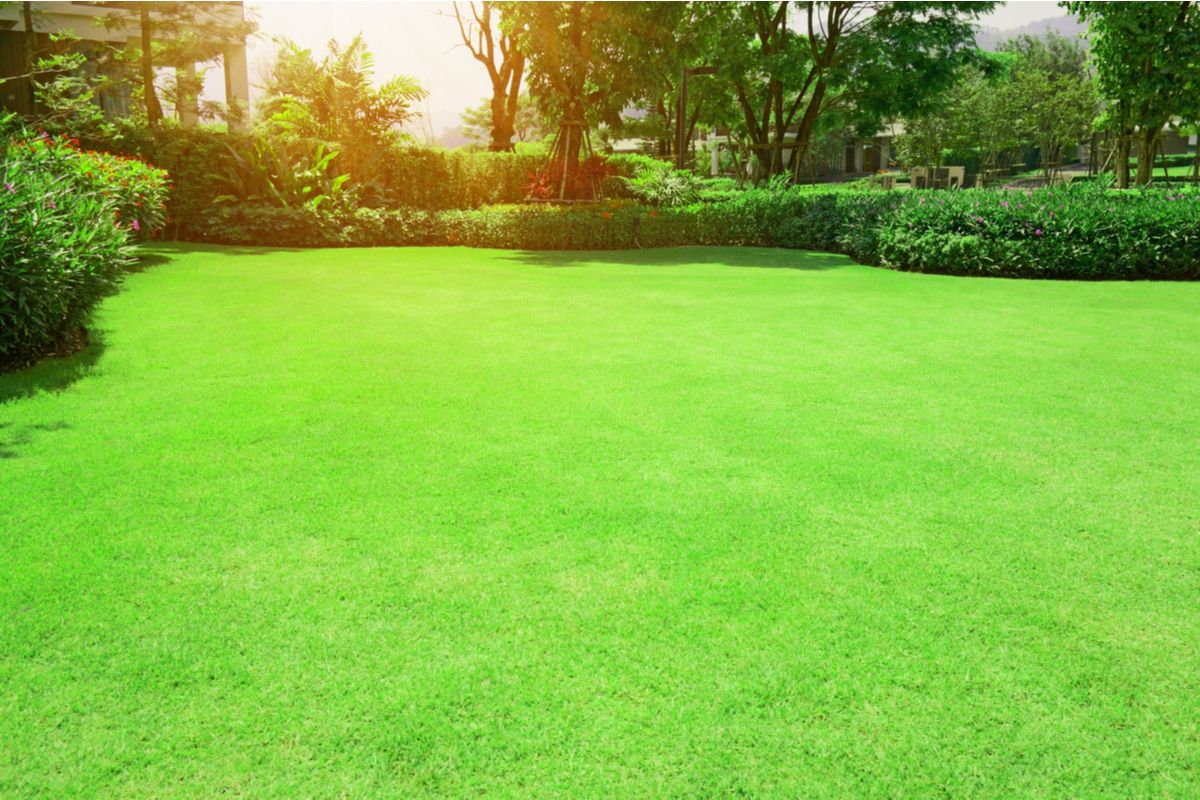

Ideas and Tips
Year-Round Lawn Care For Bermuda Grass In Southern States
Published: October 27, 2024
Discover essential tips for year-round Bermuda grass lawn care in southern states. Ensure a lush, healthy lawn through every season.
(Many of the links in this article redirect to a specific reviewed product. Your purchase of these products through affiliate links helps to generate commission for Storables.com, at no extra cost. Learn more)
Bermuda grass is a popular choice for lawns in southern states due to its exceptional drought tolerance, heat resistance, and ability to thrive in high-traffic areas. However, maintaining a lush and healthy Bermuda grass lawn requires careful attention to various aspects of lawn care throughout the year. In this article, we will delve into the specific needs of Bermuda grass lawns in southern states, providing detailed tips and strategies for year-round maintenance.
Understanding Bermuda Grass
Bermuda grass (Cynodon dactylon) is a warm-season grass that excels in hot, sunny conditions. It is characterized by its fine texture and vibrant green color, making it a favorite among homeowners and commercial property owners alike. Bermuda grass is highly resilient and can withstand extended periods of heat and drought, making it an excellent choice for regions with water restrictions or limited rainfall.
Read more: How To Repair Bermuda Grass Lawn
Benefits of Bermuda Grass
-
Drought Tolerance: Bermuda grass is renowned for its ability to survive in dry conditions. It can tolerate extended periods of hot and dry weather, making it an ideal choice for regions with water restrictions.
-
Fast Growth: Bermuda grass has a rapid growth rate, quickly filling in bare spots and recovering from stress or damage. This makes it a popular choice for high-traffic areas and sports fields.
-
Heat Tolerance: Bermuda grass thrives in full sun and is highly heat-resistant. It can maintain its vibrant green color even in the hottest summer months.
-
Pest and Disease Resistance: Bermuda grass is relatively resistant to common lawn pests and diseases, reducing the need for chemical treatments.
-
Low Maintenance: Once established, Bermuda grass lawns require minimal maintenance compared to some other grass varieties. They typically require less water and mowing.
Establishing a Bermuda Lawn
To establish a healthy Bermuda grass lawn, you need to prepare the soil properly. Here are some steps to follow:
-
Soil Preparation: Bermuda grass prefers well-draining soil with a slightly acidic to neutral pH. Conduct a soil test to determine if any amendments are needed.
-
Seeding or Sodding: Bermuda grass can be established from seed or sod. Seeding is a more cost-effective option, while sod provides instant results. Follow recommended seeding rates and guidelines for proper installation.
-
Watering: Keep the soil consistently moist during the establishment phase, which usually takes 2-4 weeks. Gradually reduce the frequency of watering as the grass becomes established.
Year-Round Lawn Care Tips
Maintaining a lush and healthy Bermuda grass lawn requires attention to various aspects of lawn care throughout the year. Here are some detailed tips for each season:
Spring (February to May)
-
Weed Prevention and Fertilization:
- Apply pre-emergent herbicides from mid-February to early March to prevent new lawn weeds.
- Feed your established Bermuda grass lawn once grass is actively growing with a balanced fertilizer. Apply any time before crabgrass seeds germinate, which starts when soil temperatures hit 55 degrees Fahrenheit.
-
Mowing:
- Mow your Bermuda grass lawn once in early spring. Remove dormant clippings to help prevent fungal disease.
- Maintain your Bermuda grass lawn at a height of 1 to 1 1/2 inches. Never remove more than one-third of the blade in a single mowing.
-
Watering:
- Bermudagrass is drought-tolerant but will go dormant during periods of extended drought. To avoid summer dormancy, give your Bermuda lawn 1 to 1 1/2 inches of water from rainfall or supplemental irrigation each week.
Summer (June to August)
-
Mowing:
- Mow to the desired height. Bermudagrass has a very wide range of acceptable heights (5/8 to 2 1/2 inches).
- During peak growth, Bermudagrass may need mowing more than once per week.
-
Watering:
- Continue to provide about 1 inch of water each week, supplementing rainfall as needed. Use a screwdriver or similar implement to check for proper saturation.
-
Pest Control:
- White grubs may be active during this period. Apply insecticides as necessary to control pests.
-
Thatch Removal:
- If thatch (a layer of undecomposed grass) is thicker than 1/2 inch, power rake (vertical mow) in late May. Vertical mow only after the lawn has completely greened up, or recovery will be very slow.
Fall (September to November)
-
Mowing:
- Continue mowing at the same height as during the summer months. Reduce mowing frequency as growth slows down.
-
Watering:
- Bermudagrass requires less water during the fall season but still needs about 1 inch of water per week. Reduce watering frequency gradually as the weather cools down.
-
Fertilization:
- Four to five weeks before your area's typical fall frost date, feed your Bermudagrass lawn and treat broadleaf weeds. Apply Pennington Full Season Weed & Feed with Crabgrass Control 25-0-8.
-
Aeration:
- Consider aerating your lawn in late fall or early winter to improve soil compaction and allow air and nutrients to penetrate the root zone.
Winter (December to January)
-
Winter Cleaning and Dethatching:
- Just because it says winter on the calendar doesn’t mean you don’t have to take care of your lawn. In warmer regions around late January, you’ll want to start thinking about dealing with thatch buildup and winter cleaning. Use a dethatcher to take care of leftover grass from the dormant season.
-
Core Aeration:
- Towards March and April, you’ll want to start planning to core aerate. This helps promote strong root growth and improves soil drainage, making for a healthier lawn overall.
Additional Tips for Southern States
Read more: How To Remove Bermuda Grass From Lawn
Soil Conditions:
- Sandy soils require more frequent watering (about 1/2 inch of water every third day), while clay soils accept water slowly. Irrigate just until runoff occurs, wait until the water has been absorbed, and begin watering again.
Pest Control:
- Insects that frequently feast on the blades and roots of Bermuda grass include grub worms, Bermuda grass mites, nematodes, fire ants, mole crickets, cutworms, sod webworms, billbugs, and fall armyworms. Use insecticides as necessary to control pests.
Weed Control:
- Common grassy and broadleaf weeds in Bermuda grass include crabgrass, nutsedge, barnyard grass, goosegrass, foxtail, chickweed, dandelion, doveweed, white clover, and spurge. Apply pre-emergent herbicides for spring and summer weeds after the threat of winter injury. Control broadleaf weeds with post-emergence applications.
Hiring a Professional
Caring for Bermuda grass takes significant time, effort, and knowledge. Hiring a professional instead leads to more free time for you, along with better results. Find your local lawn care service and let them handle the maintenance. They are experts on how to care for Bermuda grass and will bring their knowledge, skills, and all the right equipment to the job.
Read more: What Kind Of Grass Stays Green Year Round
Conclusion
Maintaining a lush and healthy Bermuda grass lawn in southern states requires attention to various aspects of lawn care throughout the year. By following these detailed tips for each season—spring, summer, fall, and winter—you can ensure your lawn remains vibrant and resilient. Remember to tailor your lawn care routine to your specific region and climate, and enjoy the beautiful outdoor oasis that a well-maintained Bermuda grass lawn provides.
By understanding the unique needs of Bermuda grass and implementing these year-round care tips, you can create an enviable lawn that thrives in even the most challenging conditions. Whether you're a seasoned homeowner or just starting out with lawn care, these guidelines will help you achieve a stunning, resilient, and low-maintenance green space that brings pride and joy to your outdoor space.
Was this page helpful?
At Storables.com, we guarantee accurate and reliable information. Our content, validated by Expert Board Contributors, is crafted following stringent Editorial Policies. We're committed to providing you with well-researched, expert-backed insights for all your informational needs.
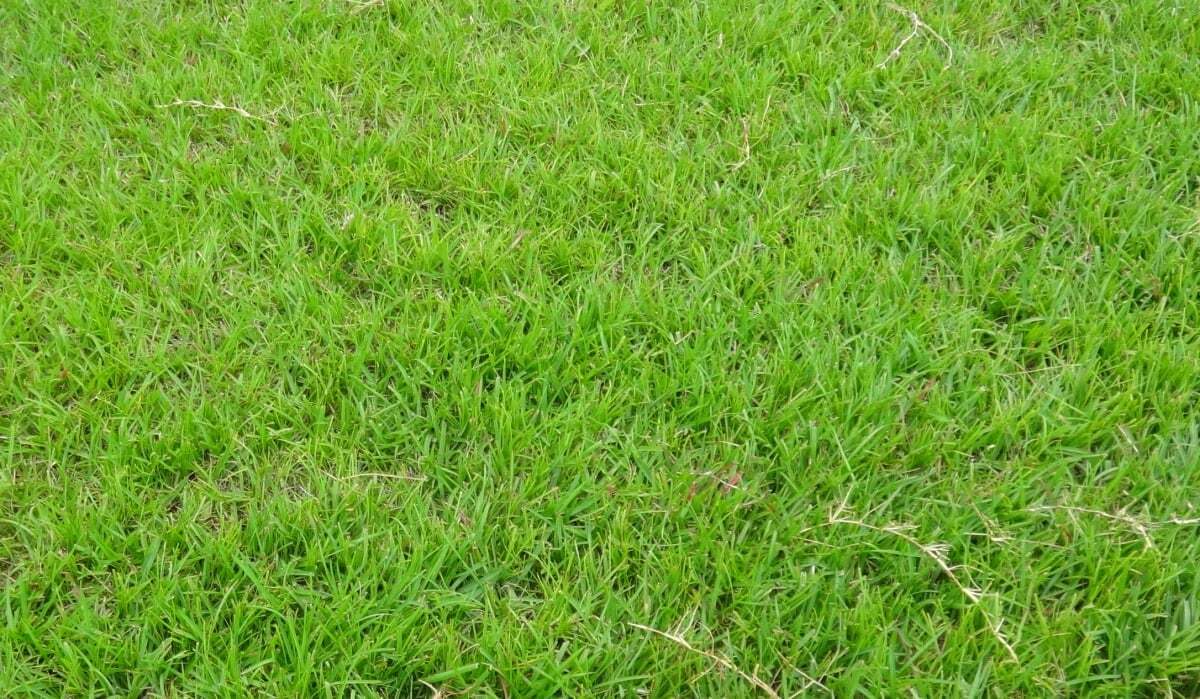

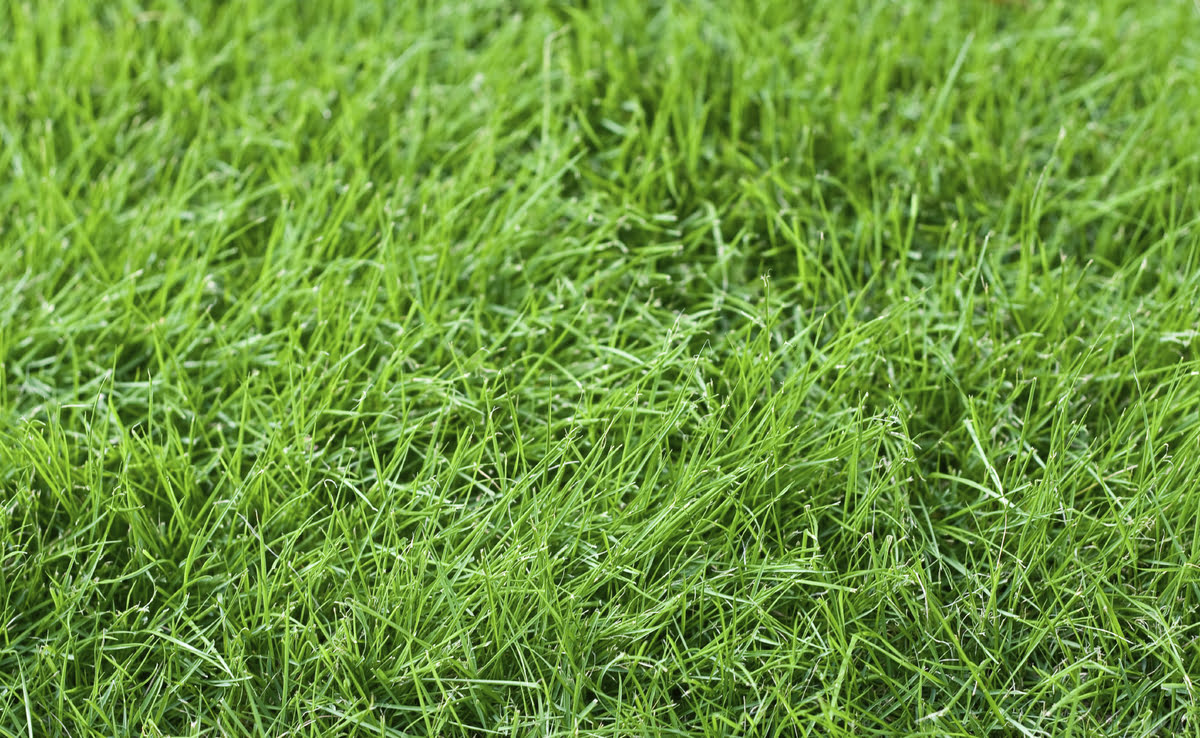

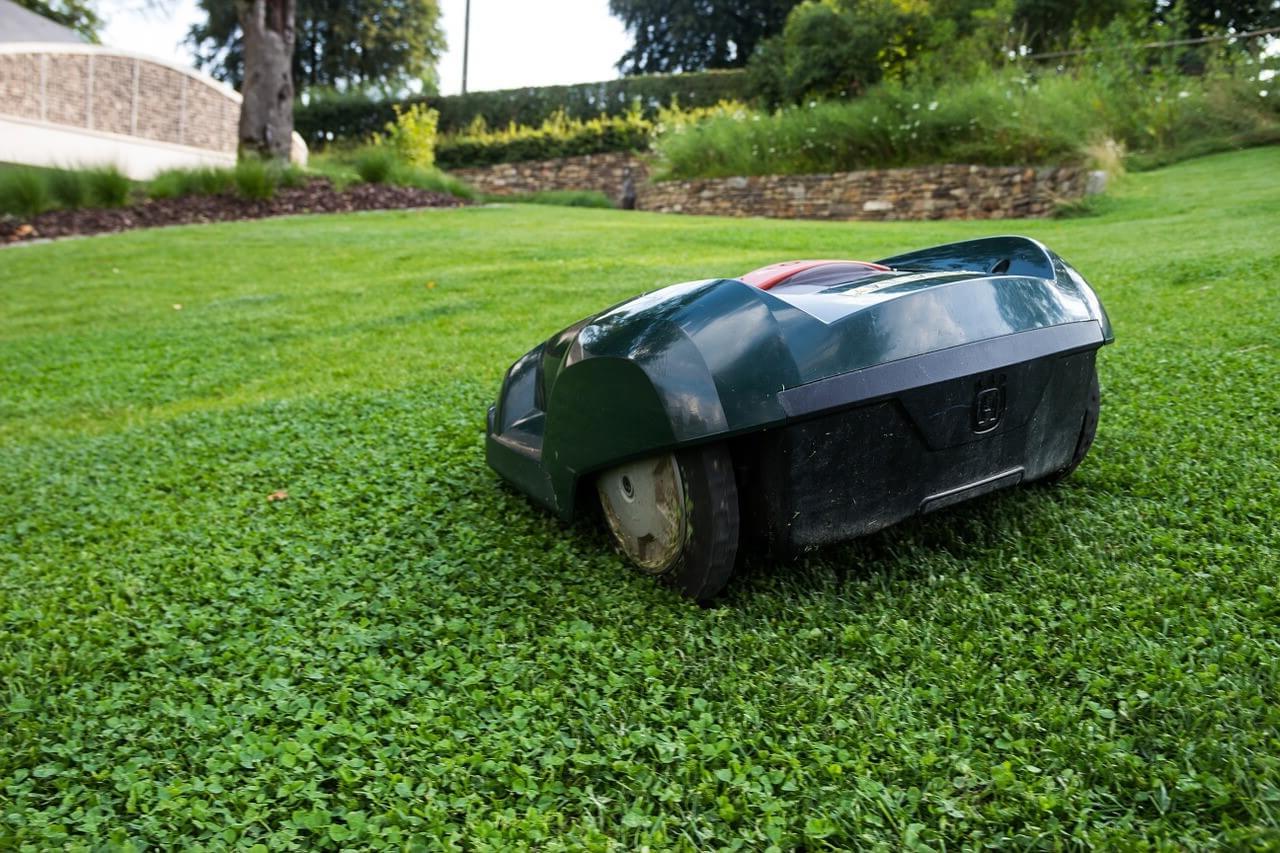


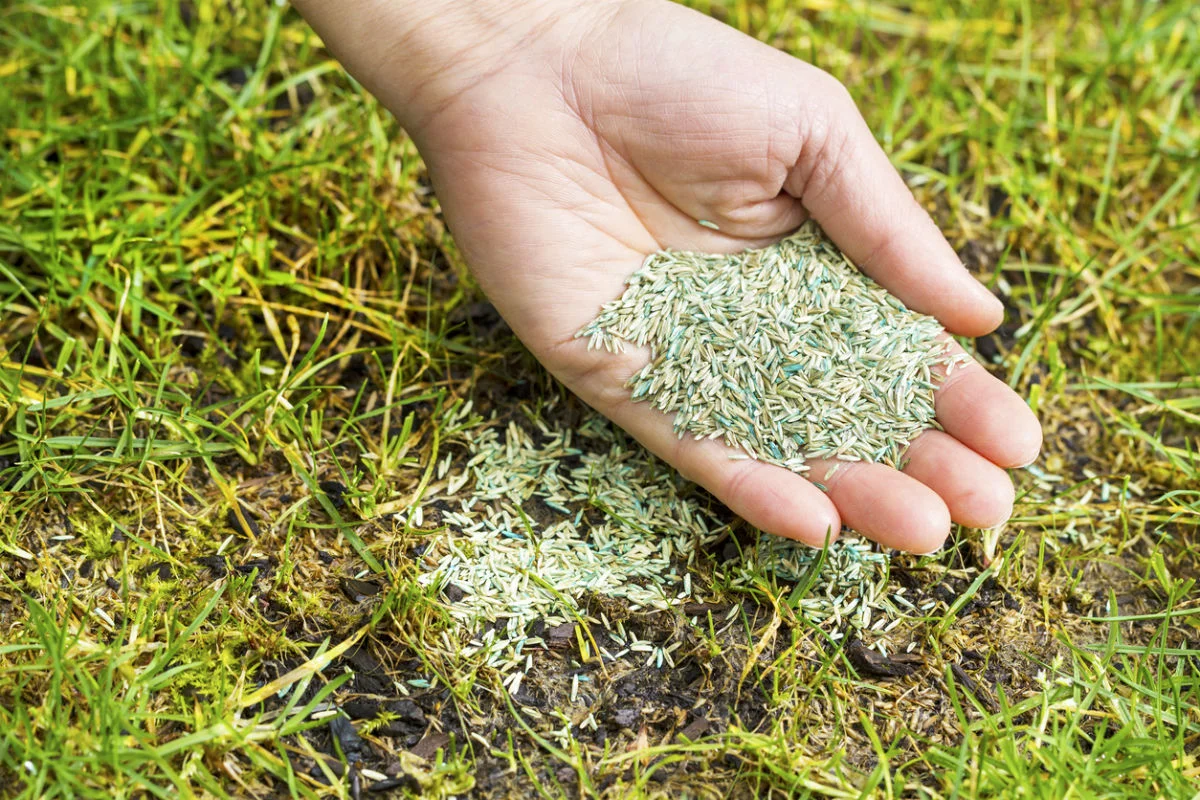


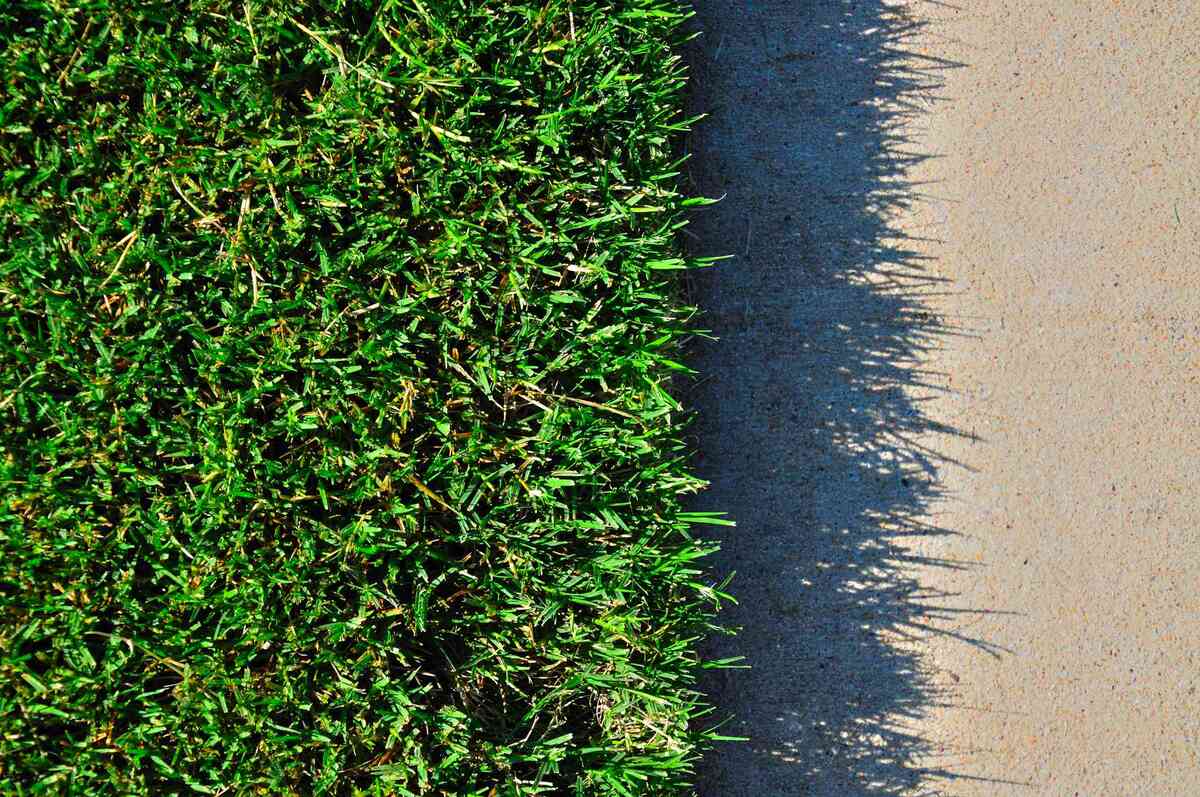


0 thoughts on “Year-Round Lawn Care For Bermuda Grass In Southern States”